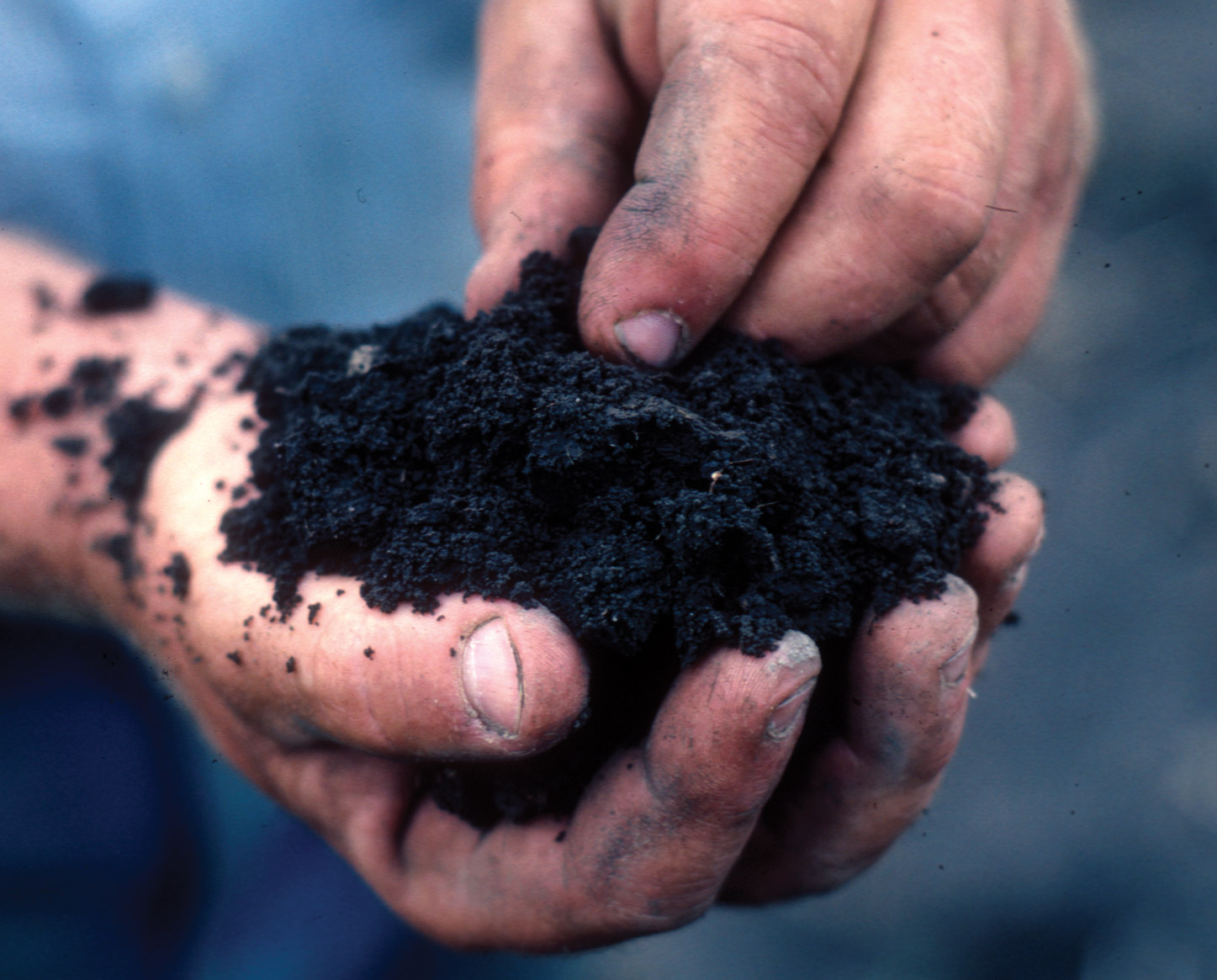
Organics International Calls for Stop to Soil-Destroying on International Mother Earth Day
Mother Earth Day is a stark reminder of the fact that we must take better care of the planet and her natural resources. Soil is one of these resources. Its preservation is essential to protect biodiversity, grow healthy food and secure our sustainable future. Yet we are losing 30 football fields of soil every minute thanks to unsustainable agricultural practices. Farming organically can bring this to a halt, restore soil fertility and build soil health.
To draw attention to the plight of soils, the UN General Assembly has declared 2015 the International Year of Soils.
April 22, 2015 | Source: IFOAM | by
Mother Earth Day is a stark reminder of the fact that we must take better care of the planet and her natural resources. Soil is one of these resources. Its preservation is essential to protect biodiversity, grow healthy food and secure our sustainable future. Yet we are losing 30 football fields of soil every minute thanks to unsustainable agricultural practices. Farming organically can bring this to a halt, restore soil fertility and build soil health.
To draw attention to the plight of soils, the UN General Assembly has declared 2015 the International Year of Soils. According to the Food and Agriculture Organization of the United Nations (FAO) about one third of all soils are degraded due to erosion, compaction, soil organic matter and nutrient depletion, pollution and other processes caused by unsustainable land management practices. The incessant use of harmful fertilizers, which is not meeting expectations to increase yield, is accelerating this process. Gábor Figeczky, Advocacy Manager at IFOAM – Organics International warns, “if we do not start protecting Mother Earth’s soils, it will become impossible to feed a growing world population, keep global warming below 2 degrees Celsius, or halt the loss of biodiversity.”
Unlike chemical-based agriculture, Organic Agriculture does not use soil-destroying inputs but stimulates soil organisms and improves soil fertility. It helps farmers adapt to climate change because it prevents nutrient and water loss through high organic matter content and soil covers, thus making soils more resilient to floods, droughts and land degradation processes. Healthy soil is a key ingredient to preserving biodiversity and growing nutritious food.
We therefore call on donor and development agencies such as FAO, the United Nations Environment Programme (UNEP), the International Fund for Agricultural Development (IFAD), the Global Environment Facility (GEF), the World Bank and the Green Climate Fund to develop Organic Agriculture programs based on outreach, awareness and best practices, especially in regions sensitive to climate change. Figeczky states, “organic farming should be adequately recognized and rewarded for its services to the climate and our ecosystems, which include soil protection and improvement.”
